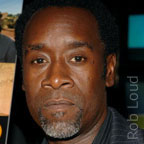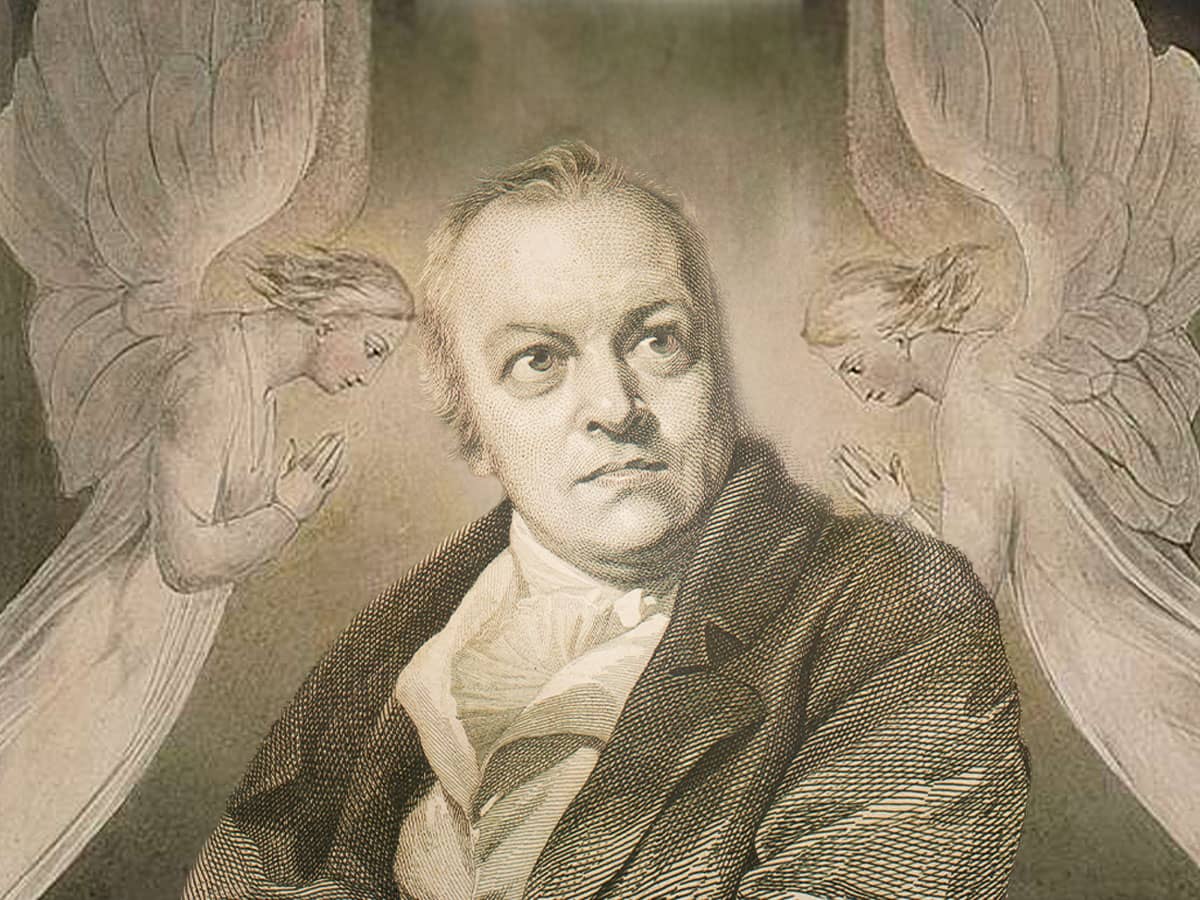 |
 |
Three years ago Don Cheadle found himself playing a movie role that changed his life—and caused him to become an advocate for the downtrodden people of another nation.
Cheadle is best known for being one of Hollywood's newest Rat Pack, George Clooney's herd of hunks who appear in his Ocean's Eleven film franchise. But recently he has given up the red carpets of Hollywood for the sand-blown deserts of the Sudan. He is nominated as Beliefnet's Most Inspiring Person of the Year for his work to bring awareness to the crisis in Darfur, where the United Nations estimates more than 200,000 people have been killed and another 2.5 million have been displaced since 2003.
Cheadle was born in Kansas City, Mo., to middle-class parents, a psychologist and a teacher. After graduating from the California Institute for the Arts, he got a breakthrough role as a gangbanger in the 1988 in the film Colors. From there, he went on to numerous films, including Devil in a Blue Dress, Boogie Nights, Traffic and all of the Ocean's films.
But the pivotal role for both his career and his personal life came in the 2004 film Hotel Rwanda, in which he played Paul Rusesabagina, a hotel manager who personally saved more than 1,000 Tutsis from genocide at the hands of his fellow Hutus. The role took him to Africa and marked the beginning of a friendship with Rusesabagina, who since the Rwandan genocide has worked to end other racial conflicts in the region.
The role garnered Cheadle an Academy Award nomination as best actor, and he used the spotlight to draw attention to the horrors of genocide. He was one of the first celebrities to speak out against the atrocities in Darfur.
In January 2005, Cheadle agreed to go to the Sudan with five members of Congress on a fact-finding mission. On first seeing the Darfuris, he wrote, "Just looking at their faces and looking in their eyes, I was trying to imagine what they had seen. I felt very small—insignificant and humbled."
The trip, he told ABC News Nightline, transformed his life. "It's one thing to know the numbers and to just think about it as statistics, and it's another thing to actually touch these people and to sit with them and hear their stories and really share with them on a human level. If anyone were to do that, I don't see how you could turn your back and be glib or aloof about what is happening to these people here ever again."
This year, he has co-authored a book, Not on Our Watch: The Mission to End Genocide in Darfur and Beyond (Hyperion) with John Prendergast, a noted human rights activist. A documentary film he co-produced, Darfur Now, appeared in cinemas earlier this month.
In an appearance before the film's release, Cheadle was asked in an interview with Time Magazine how an average American can make a difference in a land so far away. His response underscores the philosophy of his activism—that one small action after another can change lives, both here and in Africa.
"When I am asked that question, I like to ask, in what area of your life do you wield influence?" he said. "Are you a member of a church group? A book club? There are many ways, and none of them can be overlooked when you are talking about trying to create a collective awareness. You never know where water is going to find its level and finally reach someone."
"When I am asked that question, I like to ask, in what area of your life do you wield influence?" he said. "Are you a member of a church group? A book club? There are many ways, and none of them can be overlooked when you are talking about trying to create a collective awareness. You never know where water is going to find its level and finally reach someone."

